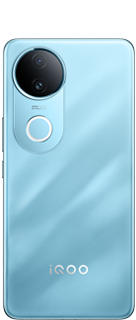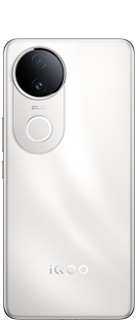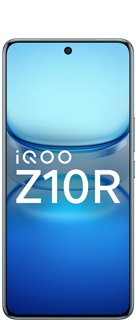🖥️ Android TV vs Google TV: Which One Should You Choose?
In today’s smart home era, your television is more than just a screen—it’s a hub for entertainment, productivity, and even fitness. But when it comes to choosing a smart TV platform, you might be torn between Android TV and Google TV. While both come from Google and share a lot under the hood, they differ in how they serve content, interact with users, and evolve over time.

If you're buying a new TV or streaming device and wondering which ecosystem is right for you, this guide will help you make a confident decision.
🔍 What’s the Difference?
At first glance, Android TV and Google TV may seem identical. Both are based on the Android operating system and support the same wide range of apps. However, Google TV is essentially the next evolution of Android TV. Think of it as Android TV with a fresh, content-first interface and smarter features.
🧑💻 Interface: Apps vs. Content
🔸Android TV follows a more traditional approach. It puts apps front and center, allowing you to scroll through rows of installed apps and services. This is perfect for users who prefer a straightforward, app-based layout.
🔸Google TV, on the other hand, puts content first. It aggregates movies and shows from multiple apps and presents personalized recommendations based on your viewing history and preferences. Instead of deciding which app to open, you just pick what you want to watch.
🎯 Verdict: If you love personalized suggestions and binge-watching without switching apps, Google TV is the winner.

📱 Apps and Ecosystem
Both platforms use the Google Play Store, so you’ll get access to all your favorite apps like Netflix, Prime Video, YouTube, Disney+, Spotify, and more.
🎯 Verdict: It’s a tie. No compromises here.

🧠 Smart Features and AI
Google TV edges ahead with smarter features:
🔸User Profiles: Ideal for families—each user gets their own recommendations.
🔸Kids Mode: Restrict content and screen time.
🔸Improved Google Assistant: Ask for specific shows or control smart devices.
🔸Tighter Chromecast Integration: Easy to cast content from your phone.
🎯 Verdict: Google TV takes the lead with a more personalized and intelligent experience.
🔧 Performance and Updates
Because Google TV is newer, it’s designed to run on updated hardware and typically receives software updates faster—especially on first-party devices like Chromecast with Google TV.
Android TV is still supported on many devices, but the experience may vary depending on the brand and update cycle.
🎯 Verdict: Google TV is more future-proof.
⚙️ Customization and Developer Access
Android TV remains a favorite for tech enthusiasts and developers:
🔸More flexibility and easier sideloading of apps.
🔸Popular for custom home setups and DIY streaming boxes.
🎯 Verdict: Android TV wins if you love tinkering or are a developer.

📦 Which Devices Use Them?
🔸Android TV is used in a variety of brands, including older models from Sony, Philips, TCL, and Hisense.
🔸Google TV powers newer models and the popular Chromecast with Google TV.
🎯 Tip: Many 2021+ TVs from Sony and TCL now ship with Google TV by default.
Both Android TV and Google TV offer excellent smart TV experiences—but Google TV is clearly the direction Google is heading toward, and it brings with it a cleaner design, smarter recommendations, and user-friendly features. If you're in the market for a new device, Google TV is your best bet. However, if you're sticking with an older setup or want more control over customization, Android TV still holds its ground.

Please sign in
Login and share






















